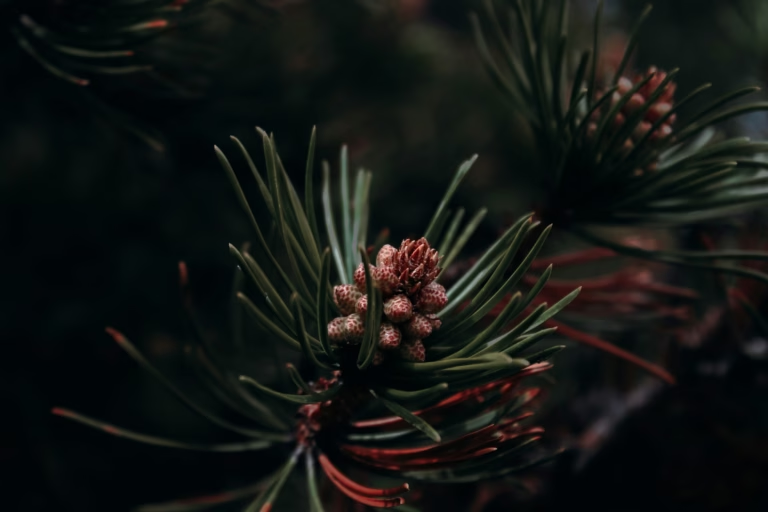Just like the trees that we see outside slowly recover after the harsh winter storms, and bathe in the first rays of the sun, so our soul longs for the Word of God and His presence in our lives.
Gospel Passage: Luke 13:1-9
Some people told Jesus about the Galileans whose blood Pilate had mingled with the blood of their sacrifices. Jesus said to them in reply, “Do you think that because these Galileans suffered in this way they were greater sinners than all other Galileans? By no means! But I tell you, if you do not repent, you will all perish as they did! Or those eighteen people who were killed when the tower at Siloam fell on them— do you think they were more guilty than everyone else who lived in Jerusalem? By no means! But I tell you, if you do not repent, you will all perish as they did!” And he told them this parable: “There once was a person who had a fig tree planted in his orchard, and when he came in search of fruit on it but found none, he said to the gardener, ‘For three years now I have come in search of fruit on this fig tree but have found none. So cut it down. Why should it exhaust the soil?’ He said to him in reply, ‘Sir, leave it for this year also, and I shall cultivate the ground around it and fertilize it; it may bear fruit in the future. If not you can cut it down.’”
Reflections
We are in the third week of Lent, a time of reflection and preparation for remembering Chrit’s suffering and resurrection from the dead. As an introduction to the theme of suffering, Jesus refers to accidents and atrocities that the people have heard about. His words sound harsh about repentance but his message actually wants to convey the opposite. He wants to point out God’s mercy and forgiveness. How is that possible? This in terms of a metaphor, a fig tree that is not producing any fruit is chosen by Jesus, is a well fitting illustration of a plant that grows with no yield and that the master of a garden would like to remove from the ground. The gardener, however, knows that the tree is not completely dead. It may just need good fertilizer, good soil, sunshine and water to recover and to grow new branches that can bear leaves, flowers and fruit. The gardener is hopeful that with the right approach, the tree can recover.
The same is true if we want to become spiritually alive. We thirst for good soil, water, and sunshine, symbolically, nourishment for our souls. Just like the trees that we see outside slowly recover after the harsh winter storms, and bathe in the first rays of the sun, so our soul longs for the Word of God and His presence in our lives.
The difference between a plant that is discarded and a person is that a person is a unity of body, mind and spirit. (1) A believer is strengthened by the Holy Spirit, the source of eternal life. (2) According to the Catechism of the Catholic Church, “…The Holy Spirit is the living water ‘welling up to eternal life’ in the heart who prays.” (2) Jesus promises eternal life and the resurrection of the body at the end of times (1 Cor. 15:21-22). Faith in Him does not disappoint. Hope in Him makes the leaves of our “tree” grow toward truth, beauty and goodness that has no end. (3)
According to Pope Francis, we are Pilgrims of Hope.(4) Our hope rests in Jesus’ promise: “I am with you, always” (Matthew 28:20).
Sources
- Catholic Herald (2020). Mind, body, spirit: why integrity matters in spiritual life. Retrieved from: www.catholicherald. Accessed on: March 22, 2025.
- Catechism of the Catholic Church (2015). Article 2652. The Holy Spirit. Retrieved from: www.catholicculture.org. Accessed: March 22, 2025.
- John Paul II (1998). Fides et Ratio. 14 September 1998. Retrieved from: www.vatican.va. Accessed: March 22, 2025.
- Pope Francis (2024). Bull of Indiction of the Ordinary Jubilee of the Year 2025, Spes Non Confundit. Retrieved from: www.vatican.va Accessed: Marsh 22, 2025
